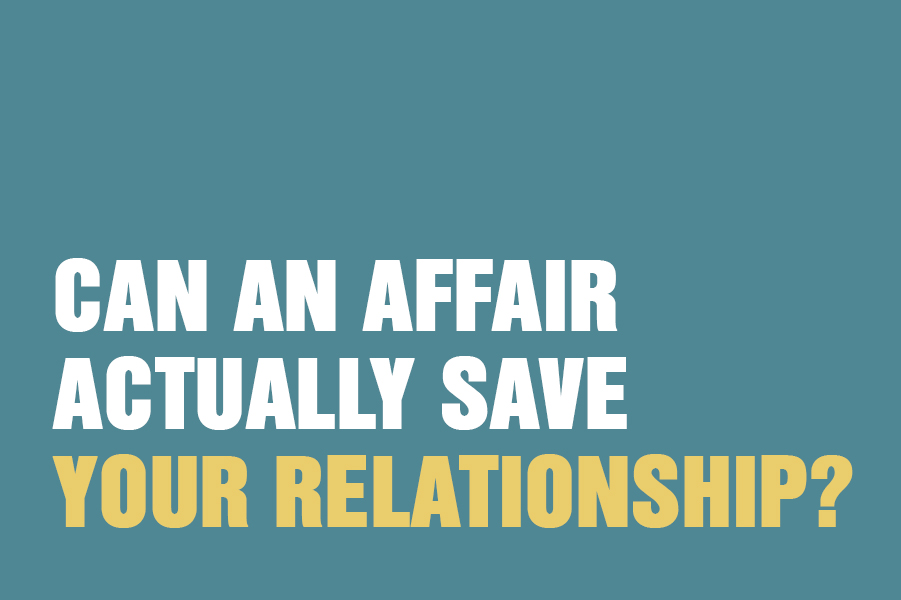How many times have you heard people describe themselves as ‘OCD’ when they talk about the effort they put into maintaining their clean kitchens, tidy cupboards and neat magazine racks?
Yet there is a whole lot more to OCD (obsessive compulsive disorder, or obsessive compulsive personality disorder) than a strong preference for order and cleanliness. And people can have some of the behaviours and traits without having a full-blown condition that needs psychiatric support.
Understanding the origins of obsessive compulsive behaviours
The obsessive personality structure is also known as the ‘anally retentive personality’. Freud says that the roots of this personality structure come from the potty-training stage where there’s a battle over who has control.
If parents are anxious to do the right thing and be ‘proper’ parents, they can lean too heavily on discipline and perfectionism and the advice of strict parenting manuals rather than parenting intuitively and playing to the strengths of the individual child. There can often be no margin for error, and the child has to be perfect – and seen to be perfect – at all costs, or there will be a punishment. The child can then internalise that strictness as though it has a permanent judge of what is right or wrong, which can feel paralysing at times.
The other end of the spectrum is a child who grows up in a chaotic environment. Perhaps the parents were absent or alcoholic or rowing, or just plain disorganised. Children can compensate for a lack of order in their lives by creating their own rules and strong values to live by, which gives them a structure that was missing from the family unit. Either way, the behaviours that emerge from these situations can be classed as obsessive compulsive.
Obsessive compulsive personality behaviours
Here we identify the typical behaviours and traits of an obsessive compulsive personality, which you may recognise in yourself or others:
- You worry most days about what might happen to you, your belongings, your loved ones, or the whole world. You could win an Olympic medal in worrying.
- You overthink everything, from what people say to you, what they think of you, what you said to them, whether you’ve done the right thing. The process of overthinking can be exhausting.
- You find it hard to let go of hurt or resentment – hence the ‘anally retentive’ aspect of your personality. This can manifest in stubbornness and cutting your nose off to spite your face, but you will hold onto your opinion and stance from a feeling of self-righteousnesss.
- Your inner critic is dominant in your psyche. It feels as though someone is sitting in judge and jury over your life, and you have to second-guess that judge to get things right. You lose touch with who you truly are and what you truly want as all your energy goes into satisfying this inner judge.
- You may develop little rituals that help protect you against feelings of fear or unease. Those rituals may involve checking several times, or washing your hands after you touch certain things. You may hoard or be concerned about having your possessions logged and arranged in perfect alphabetical order. It is when these rituals take over your day that they can become an issue.
- Friends may find you ‘uptight’ and you hate being told to chill out, feeling you need to be hyper-vigilant and contained and alert in the face of some unspecified danger.
- You may feel proud of making things perfect – whether it’s a symmetrically laid-out dinner table, or a string of awards and achievements. Yet the need to be perfect can lead to unhelpful behaviours such as procrastination, self-criticism and self-doubt.
How to help yourself if you have obsessive compulsive traits
Find a therapist. Therapy can help you understand the origins of your worries and help you identify some more helpful coping strategies that don’t involve ritual or obsessive thinking. Therapy can help you understand your fears also help you get your know a deeper sense of self that isn’t dependent on an outer jury deciding your every move.
Distract your anxiety. Instead of ruminating in the anxious thoughts running around your head, distract yourself by doing something physical that takes you out of your head and into your body. This can include exercise, singing, gardening, knitting, cooking, dancing. Anything that absorbs your mind and takes you away from your thoughts.
Keep a thoughts log. This is a classic intervention from CBT, where your negative thoughts or behaviours can be challenged. Write down your negative thought and how much you believe it. Then challenge that thought by coming up with evidence to the contrary. The anxious part of your brain will eventually begin to trust the evidence that is more supportive.
Get in touch with your feelings. Obsessive thinking can lead to a tendency to rationalise and defend and end up cut off from feelings. Again, therapy can help you gradually soften your defences and be kinder to yourself.
Accept that you’re human. If you have an obsessive compulsive personality then it may be incredibly hard to forgive yourself for any perceived faults, or to have compassion for yourself or others. This can stem from your parents’ need for you to be perfect. Can you begin to let go of this need for perfection, and take a lighter approach to things that go wrong in your life? Again, a therapist can help you work through your biggest challenges here.
For confidential advice and support, and to discuss booking an appointment with one of our therapists, please call 020 8673 4545 or email [email protected].







